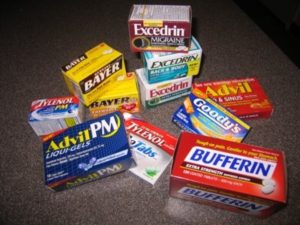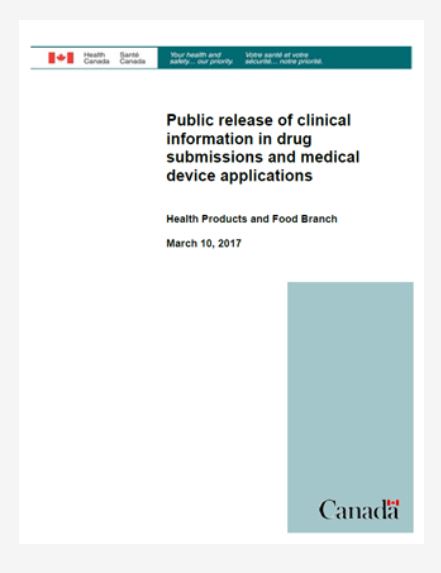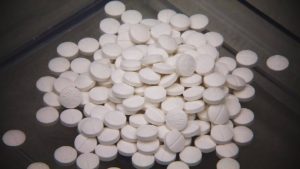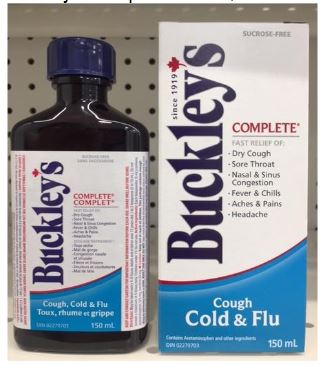 Do you know the side effects of acetaminophen – Tylenol? What about the side effects of Aspirin?
Do you know the side effects of acetaminophen – Tylenol? What about the side effects of Aspirin?
Many of us take over-the-counter medication on a regular basis. Due in part to the fact that these medications are available without prescription and are taken so freely and frequently, it is not uncommon for their side effects to be ignored and/or indeed unknown to us. Unfortunately, this lack of knowledge can have serious consequences. For example, in a 2006 FDA report, approximately 46,000 emergency room visits/year were related to acetaminophen overdoses.
In a recent online article found on huffingtonpost.ca, some popular medications and their side effects are identified. If you have not already read it, you may wish to do so. As Stephanie Hallett, the article’s author states, “Potentially serious side effects for popular medications are more common than you may think.”










